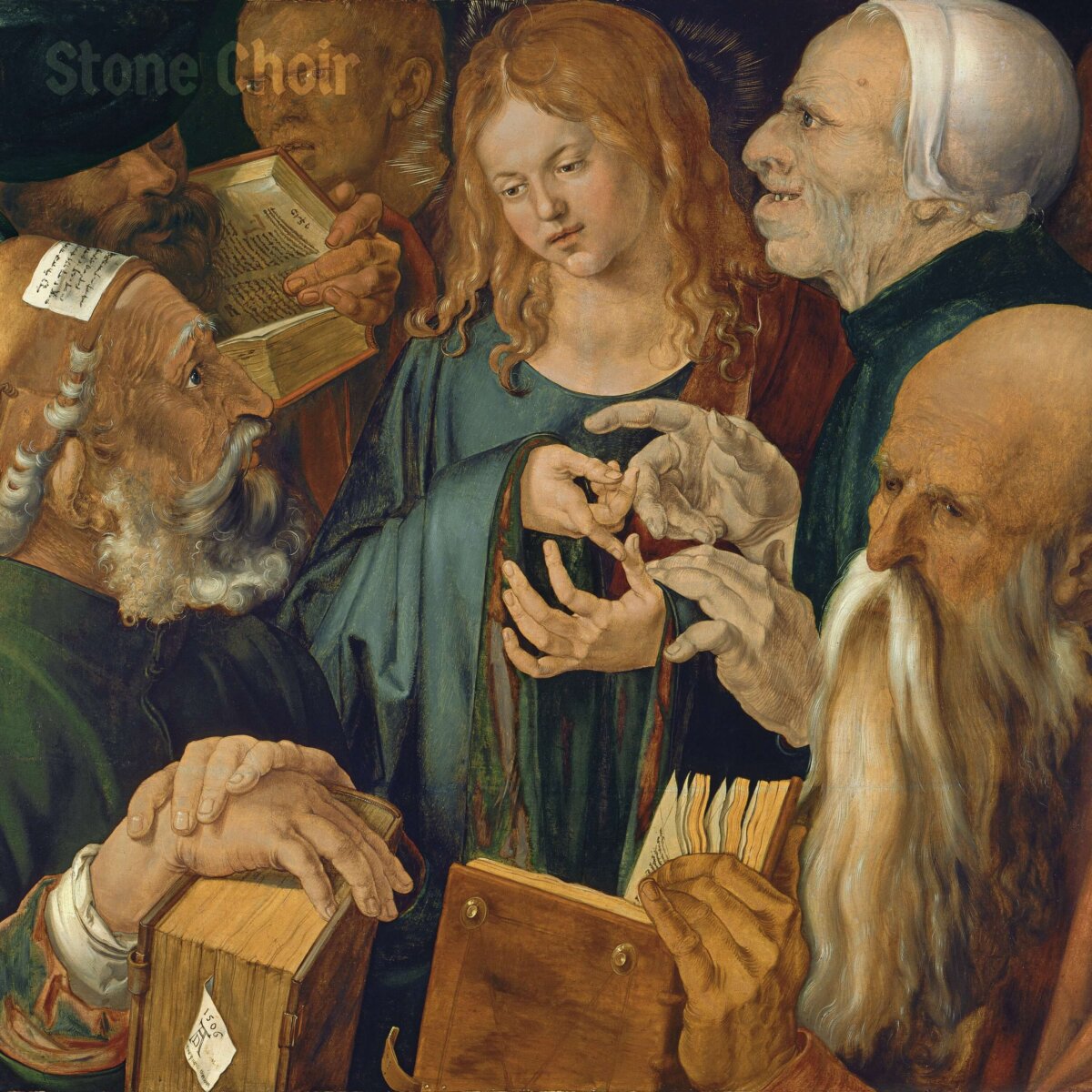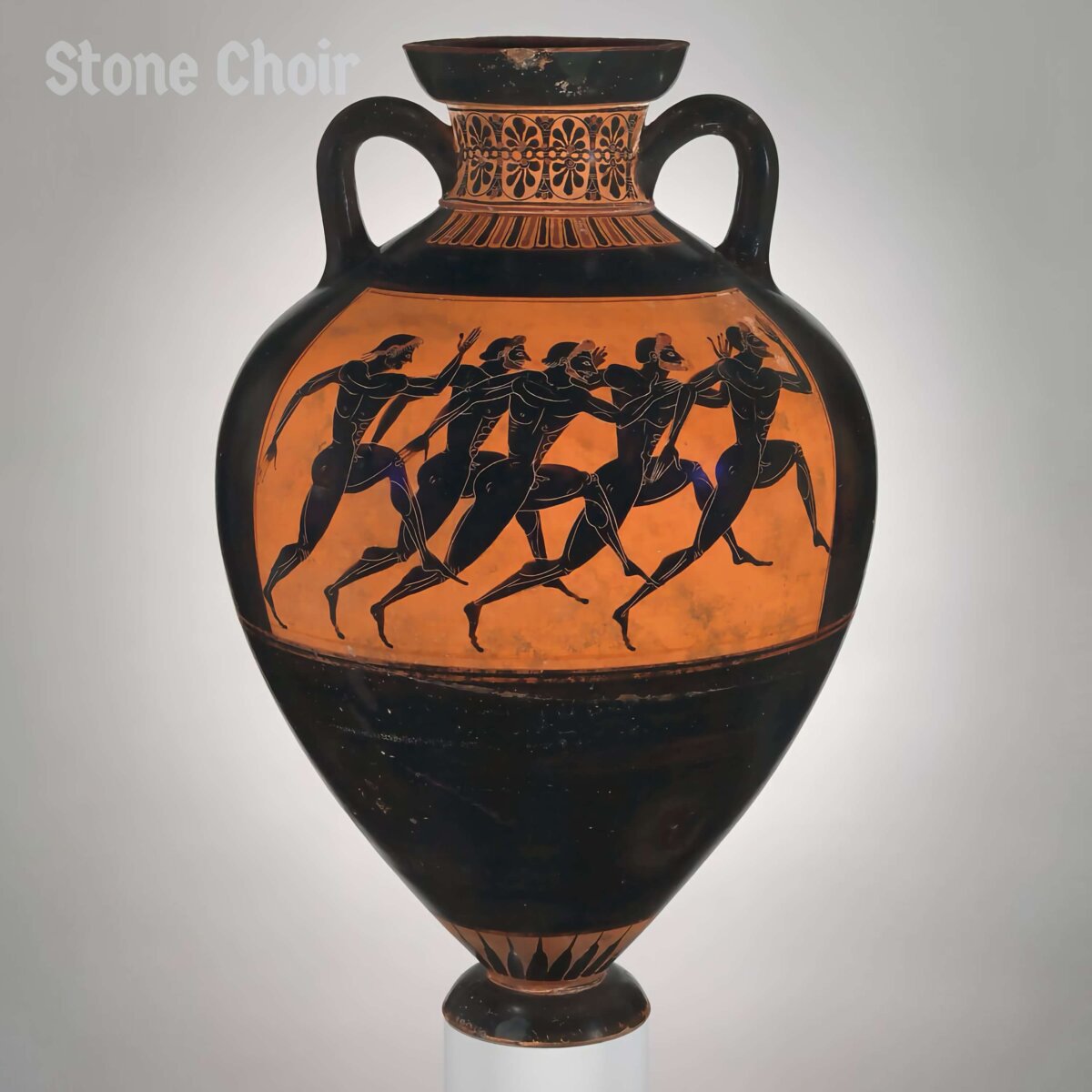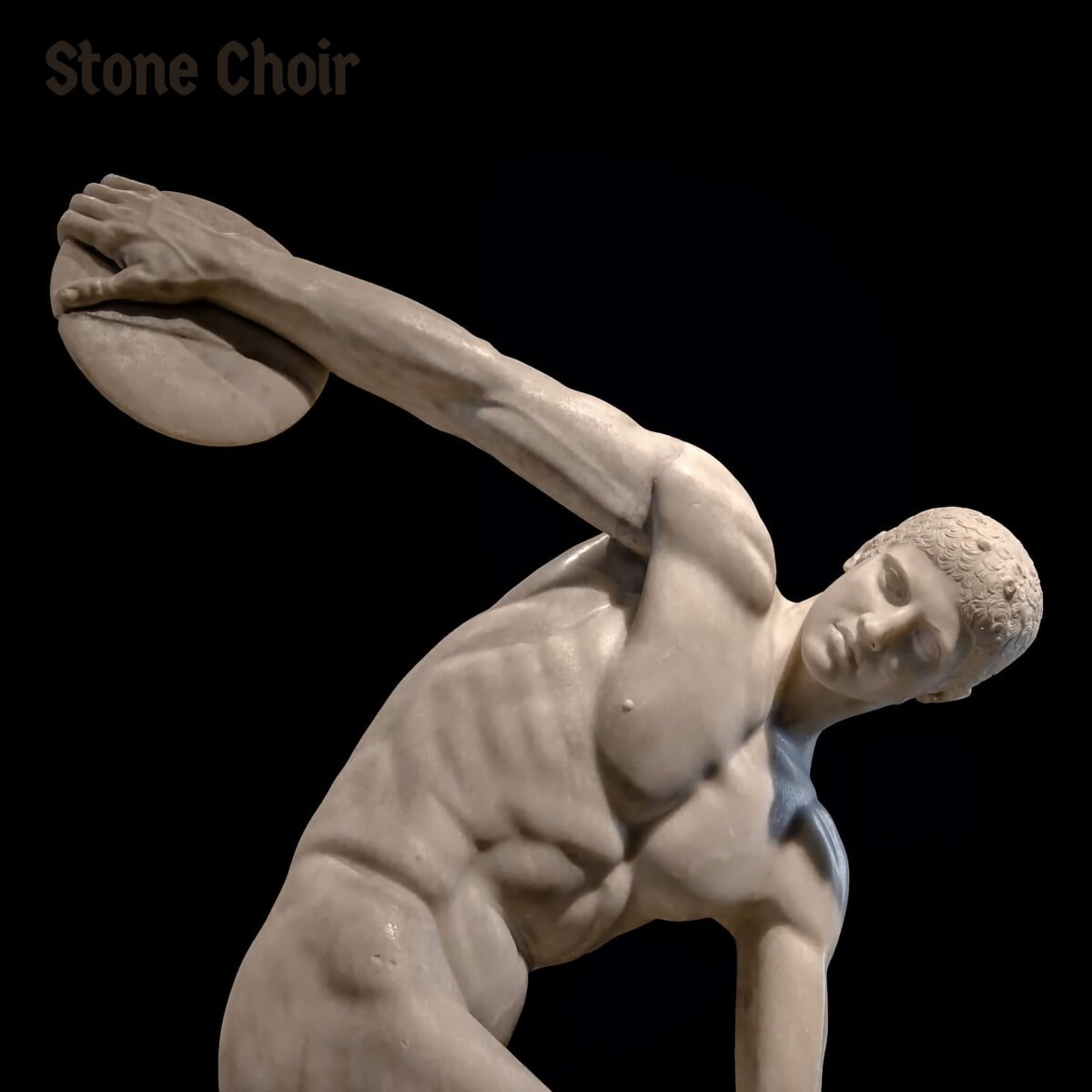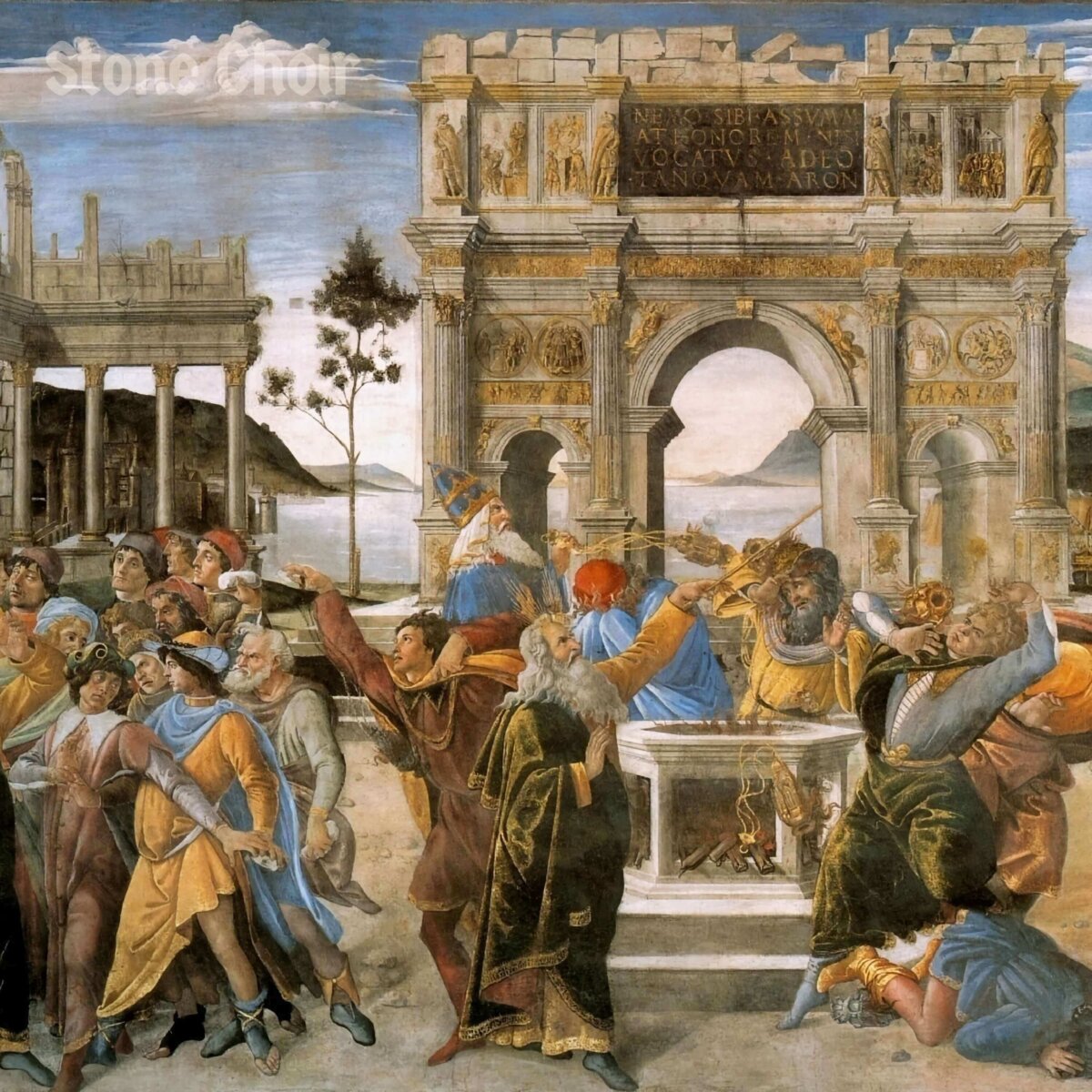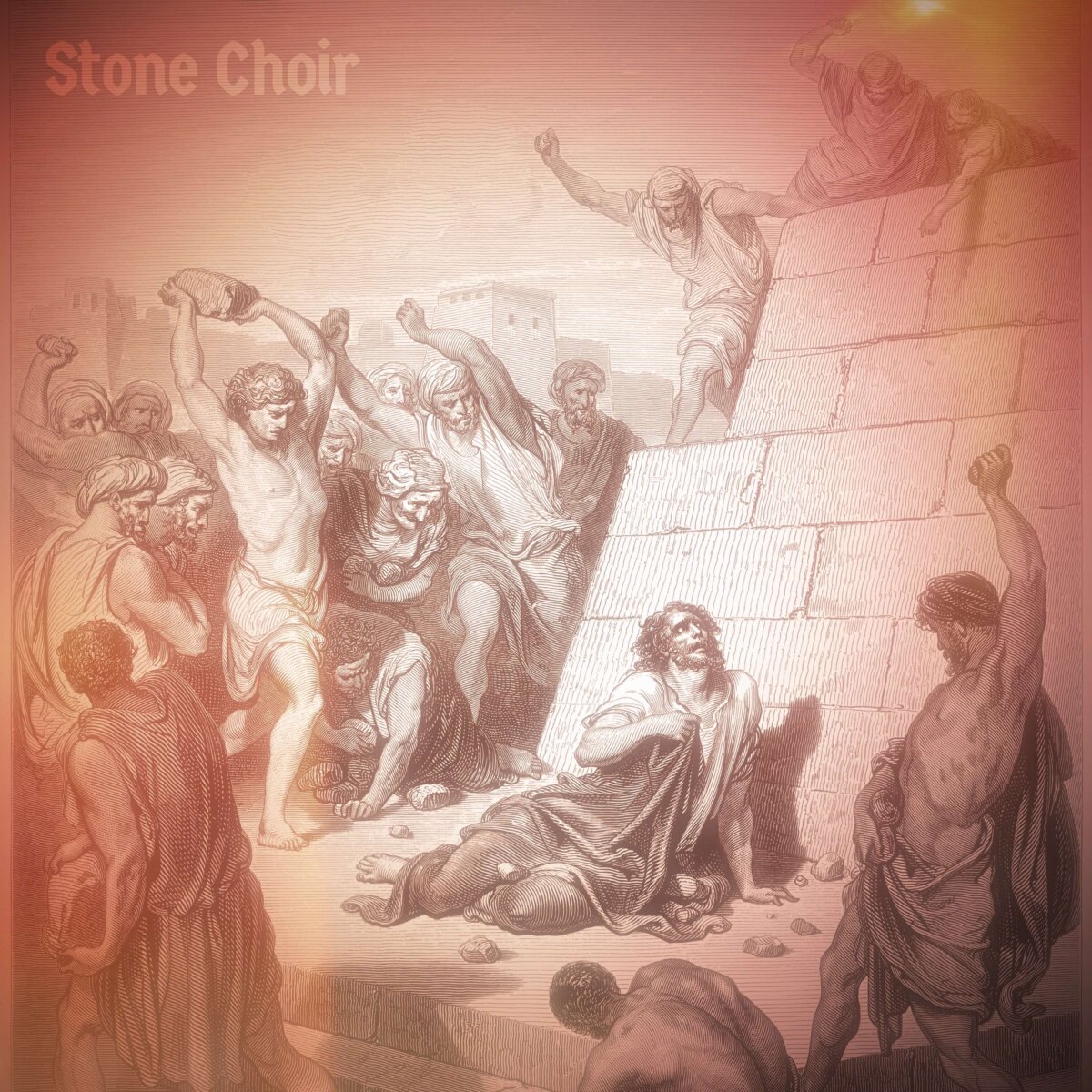Addicted to Psychologizing
Podcast: Play in new window | Download (Duration: 1:28:05 — 168.4MB) | Embed
Subscribe: Apple Podcasts | Spotify | Amazon Music | Youtube Music | More
Hosts

Corey J. Mahler

Man is an animal, created on the sixth day with all the other land creatures. And yet man is more than an animal, for man has not only body, but also mind and soul. To ignore the soul is to fall into Materialism; to ignore the body is to fall into Gnosticism. We must endeavor to fall off of neither side of the horse. This tripartite nature of man plays out in many things and in many ways; one of those things is addiction.
When a man (or a woman) becomes addicted to something — whether it is a substance (e.g., marijuana) or an activity (e.g., gambling) —, it is a matter of all three parts of man. The atheistic world would have us ignore the spiritual aspects of addiction (e.g., that it is sin); far too many Christians would have us ignore the biological and psychological aspects. God commands us to be wise, and so we must not ignore the good tools that science has put at our disposal — biology has given us insights into the physical bases for addiction and psychology has given us insights into the psychological aspects of addiction.
We do our brothers and sisters no good when we ignore the fullness of reality, and that holds no less true when dealing with addiction.
Show Notes
- MBTI Assessment [one of many sites offering it]
- Empathy Test
See Also
Further Reading
Parental Warnings
We discuss both pornography and sex in this episode. The discussion is not explicit, but you may wish to review it before listening with your children.
Current Sponsor(s)
Coming soon?
Support the Podcast
Comments?
Join the discussion on Telegram, visit the feedback form or comment below.

